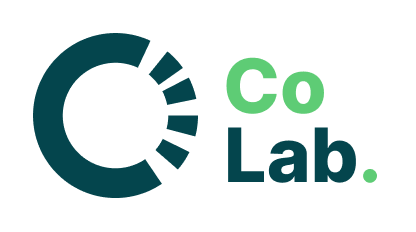The Evolution of Teacher Planning: AI & Collaboration
We know the landscape of teaching has been continually evolving with advancements in technology. One notable change has been the integration of Artificial Intelligence into teacher planning processes. Whether you’re an early adopter or keeping your distance, AI has already begun to revolutionize education worldwide.
Many teachers are playing in this space and some schools are even encouraging their teachers and students to jump in and see what a world powered by AI can offer. Teachers are seeking ways to reduce the time and energy they spend on various tasks while creating personalized and engaging learning for their students. The early research, from individuals like Simon Chow from Diversity Research, shows that in general teachers are finding these tools are meeting their needs and improving their productivity and quality of work.
Despite the seemingly remarkable capabilities of AI in streamlining teaching tasks, peer-to-peer collaboration remains indispensable in the educational ecosystem. Teachers value working together (alongside AI if they choose) because they can:
Co-develop learning experiences for their unique classroom demographics. Tech doesn’t understand the social-emotional, developmental, and academic needs of students quite like a team of educators and professionals
Share resources to reduce duplicated work, promote efficiency, and develop higher-quality content. There’s no need to spend time creating a slide deck from scratch when other teachers have done this work well and are willing to share. And with AI now in the mix, there’s still no need to prompt ChatGPT to make a lesson on Plant Cells after another teacher in a neighboring city has done the same.
Provide mentorship to one another. Teachers of all experience levels report having someone to guide and support them is invaluable to their teaching practice and their personal-professional development.
Learn something new and be pushed to improve. Teachers share that the best way to learn is not by reading a book, attending a lecture, or finding something online. It’s from talking to another person, asking questions, laughing, and even arguing that they grow as an educator.
Collaboration facilitates the adoption of best practices across classrooms and schools. Teachers can collaborate within their course team meetings, professional learning communities (PLCs), online spaces, and professional development workshops to name a few. They discuss pedagogical approaches, analyze student data, and implement evidence-based interventions. Through collaborative inquiry and reflection, educators can refine their teaching practices and drive continuous improvement in student learning outcomes.
While opportunities to collaborate are desired, teachers feel that they need more. More time to work together, more resources, more space. CoLab Ed was created to remove barriers to collaboration and provide access to a vibrant and ongoing community. Teachers can connect with those from their school or around the world to expand their knowledge base, enhance their skills, and remain effective practitioners in a rapidly changing educational landscape.
While AI has transformed teaching, collaboration remains essential for fostering professional growth and driving innovation in education.


